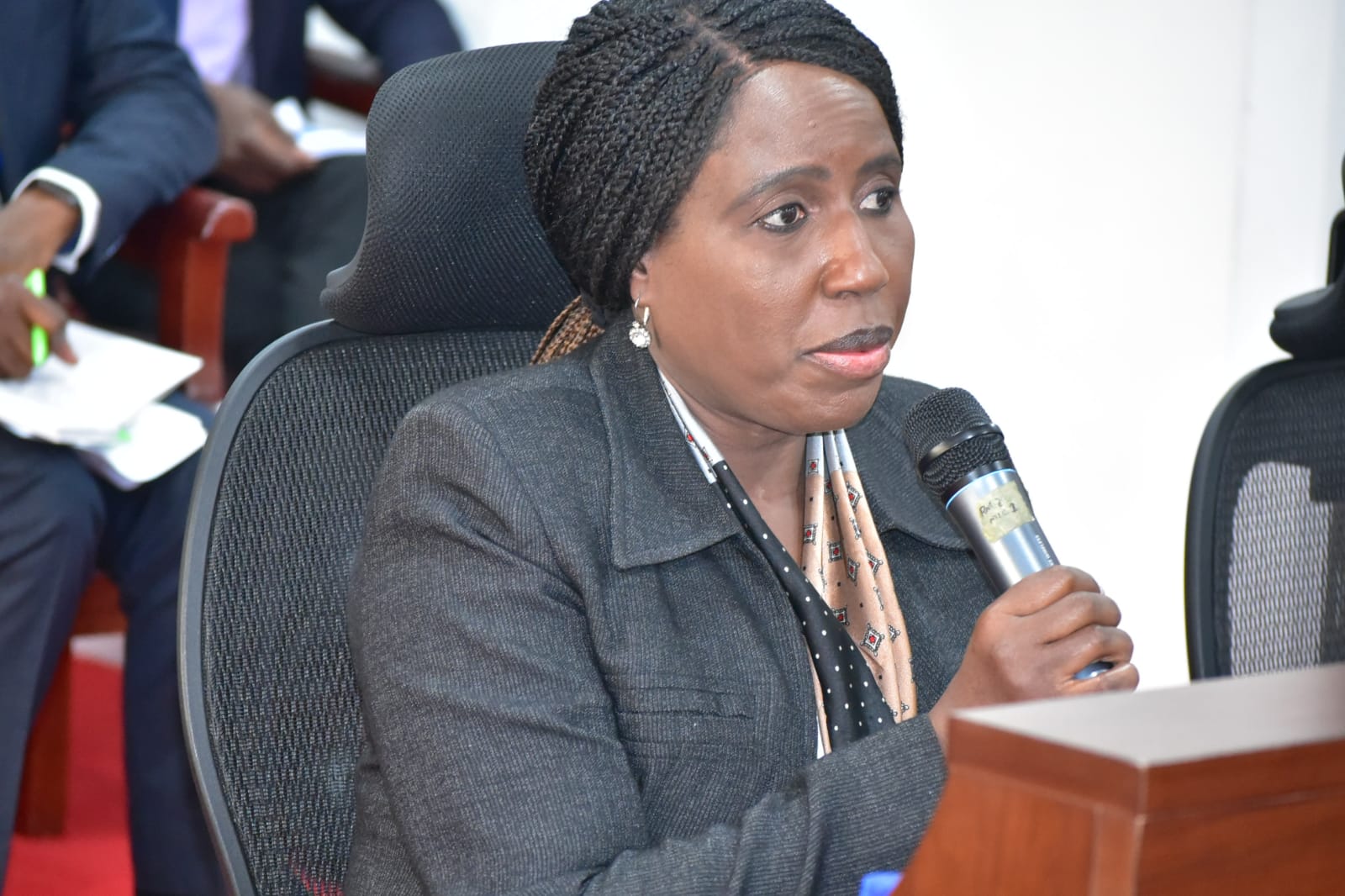The Department of Higher Education is under intense scrutiny after revelations of unaccounted fuel expenditure amounting to Kshs. 12.5 million, sparking outrage among Members of Parliament and raising concerns about financial oversight within the ministry.
During a heated session of the Public Accounts Committee (PAC), Higher Education Principal Secretary Beatrice Inyang’ala was grilled over the missing fuel funds, which could not be reconciled due to a lack of proper record-keeping. The committee, led by Butere MP Tindi Mwale, expressed deep dissatisfaction, questioning how the department could account for billions of shillings in its budget if it could not manage fuel for a mere 19 vehicles.
“Madam PS, we want you to table the fuel register for our scrutiny,” Mwale demanded, echoing the sentiments of fellow committee members, including Marianne Kitany (Aldai), Geoffrey Ruku (Mbeere North), Nabii Nabwera (Lugari), and Edwin Mugo (Mathioya).
The Auditor General’s report revealed glaring lapses in the department’s management of fuel. It noted the absence of registration numbers in the fuel supply statement, making it impossible to trace fuel consumption back to specific vehicles. Moreover, the department failed to maintain a comprehensive fuel register, preventing reconciliation with suppliers’ statements.
Kitany called for surcharges on individuals responsible for the irregularities, stating, “I am looking at Wanjiku, who lost Kshs. 12 million worth of fuel—this is unacceptable. These vehicles are only 19, and no one was monitoring them. How could this happen?”
Ruku and Mugo expressed similar frustrations, lamenting that such a basic accounting lapse was reflective of a broader pattern of negligence in government departments. Mugo proposed urgent policy changes to curb misuse, stating, “It is high time we establish a comprehensive management policy on government vehicles and fuel consumption. This will save taxpayers’ money.”
Acknowledging the department’s shortcomings, PS Inyang’ala admitted, “There was indeed a problem with fuel management, but we have since put measures in place to ensure proper accountability.”
Despite these assurances, concerns linger over the effectiveness of the corrective actions, and questions remain about why such a basic oversight was allowed in the first place. The scandal underscores a deeper challenge in public financial management, raising calls for stricter oversight and more transparent practices in government departments.





